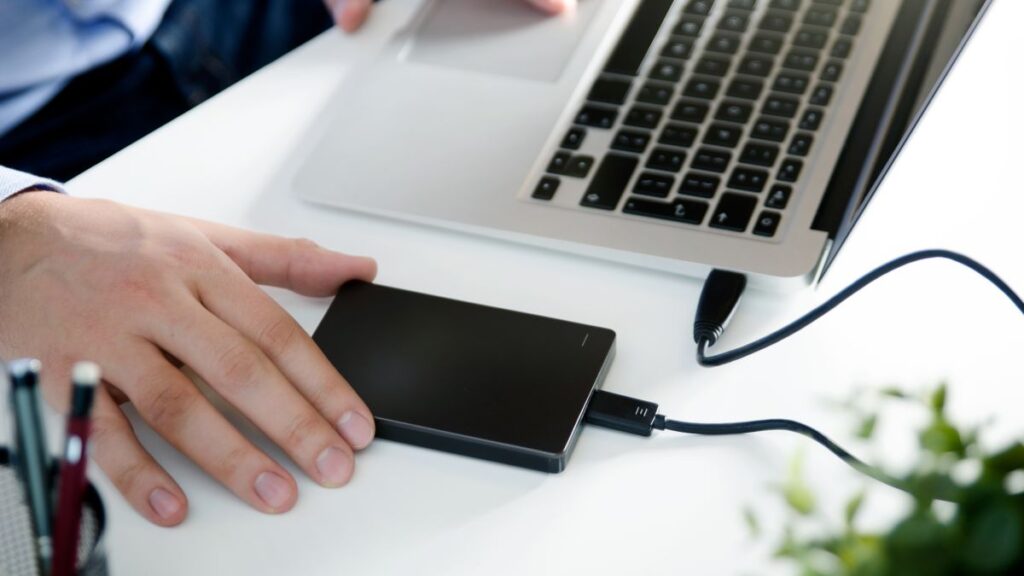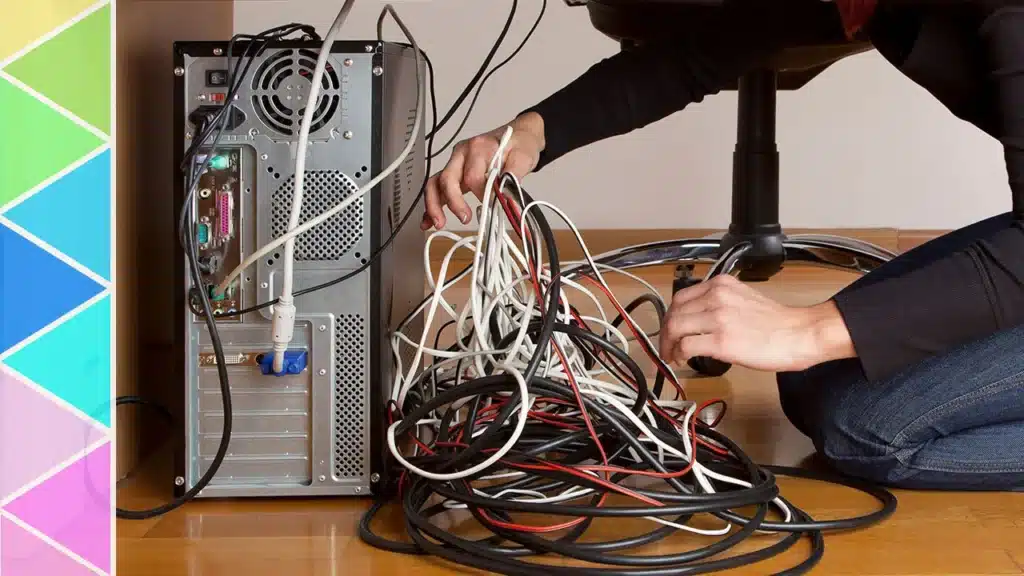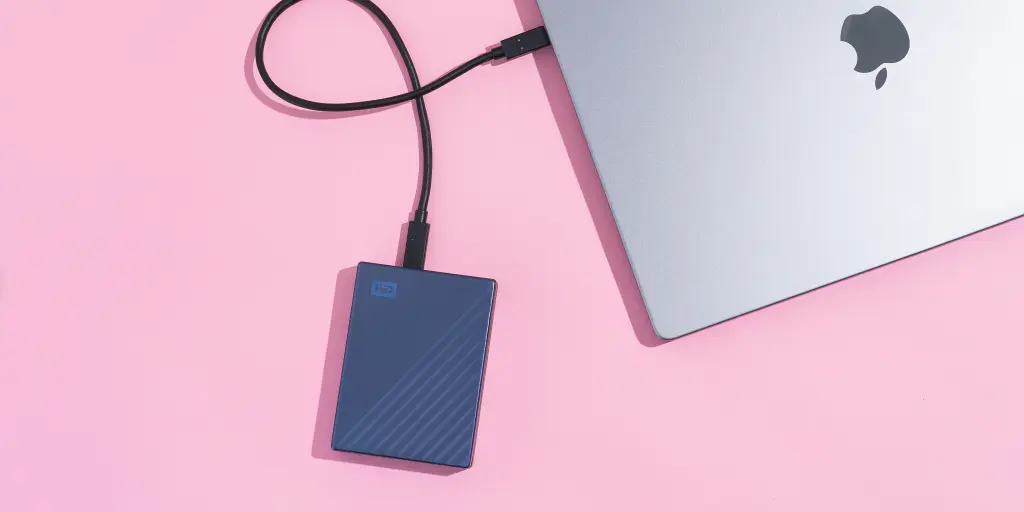External hard drives have become an essential tool for storing and backing up our valuable data. Whether you use it for work, entertainment, or personal files, protecting the lifespan of your external hard drive is crucial to ensure the longevity and security of your data. In this article, we’ll explore seven simple yet effective ways to increase the lifespan of your external hard drive. So, let’s dive in and learn how to keep your data safe and your external hard drive running smoothly for years to come.
Contents
1. Handle with Care: Treat it Like a Precious Gem
Your external hard drive may seem sturdy, but it’s actually a delicate piece of technology that requires gentle handling. Avoid dropping, knocking, or mishandling it in any way. Treat it like a precious gem by storing it in a protective case or padded bag when not in use. Additionally, when connecting or disconnecting the drive from your computer or other devices, do so with care to prevent any physical damage or disconnection issues.
Heat is one of the primary enemies of electronic devices, including external hard drives. Excessive heat can shorten the lifespan of your hard drive and potentially lead to data corruption or loss. To prevent overheating, ensure proper ventilation around your external hard drive. Avoid placing it in direct sunlight or near sources of heat, like radiators. If you notice the drive becoming unusually hot during use, consider using a cooling pad or external fan to keep the temperature in check.
2. Eject Properly To Avoid Power Surges
We’ve all been guilty of disconnecting our external hard drives abruptly at some point. However, this can cause data corruption and even physical damage to the drive. Always eject the external hard drive properly before unplugging it from your computer or other devices. This ensures that all read and write processes are complete and that the drive is safely disconnected from the system. Most operating systems provide an option to safely eject external devices, so make it a habit to use this feature.
Power surges can be detrimental to the health of your external hard drive. A sudden spike in electricity can fry the internal components, rendering your drive useless and potentially causing data loss. Invest in a good-quality surge protector and connect your external hard drive to it. This will help safeguard your drive from voltage fluctuations and keep it safe during power surges.
3. Keep It Clean & Be Mindful of The Cables
Dust and debris can accumulate on the surface and connectors of your external hard drive, hindering its performance and potentially causing connectivity issues. Regularly clean your external hard drive using a soft, lint-free cloth to remove any dust or dirt to ensure your external hard drive’s longevity. Be gentle and avoid using harsh cleaning agents that can damage the drive. Additionally, ensure that the connectors and ports are free from dust and debris by using compressed air or a small brush.
When it’s time to disconnect your external hard drive from your computer or other devices, don’t yank the cable out forcefully. This can strain the connectors and lead to damage or disconnection problems. Instead, gently unplug the cable from the port, holding onto the connector itself rather than pulling on the cable. By practicing this simple habit, you can prevent unnecessary stress on the connectors and maintain the integrity of your external hard drive.
4. Regularly Back Up Your Data
No matter how well you take care of your external hard drive, unforeseen circumstances can still occur. To safeguard your valuable data, make regular backups of your files on other storage devices or cloud services. This way, even if your external hard drive encounters an issue or reaches the end of its lifespan, your data will remain secure and accessible.
Your external hard drive is a valuable asset that houses important files, memories, and data. By following these seven simple ways to increase its lifespan, you can ensure that your external hard drive serves you faithfully for years to come. Handle it with care, protect it from heat and power surges, clean it regularly, and always disconnect it properly. Additionally, maintain regular backups of your data to guard against any unforeseen circumstances. By incorporating these practices into your routine, you’ll enjoy a longer-lasting and more reliable external hard drive that keeps your data safe and accessible at all times.




